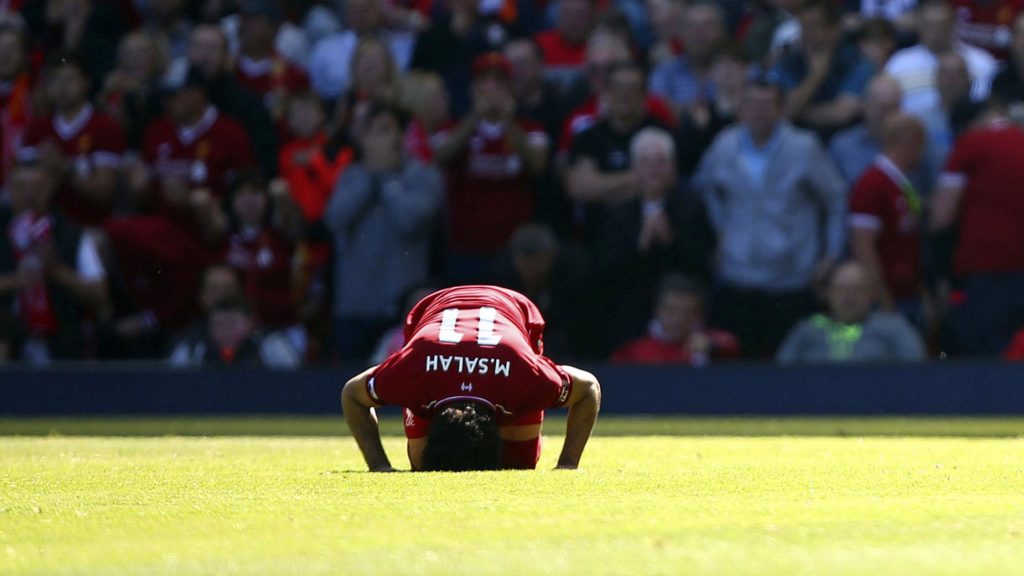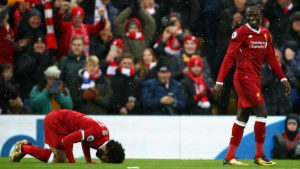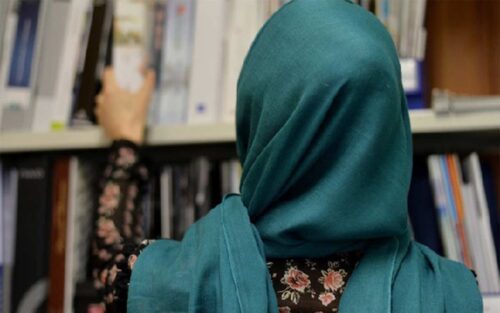Mohamed Salah has contributed to a decrease in hate crimes and islamophobia in Liverpool, according to a report from the Immigration Policy Lab (IPL).
Researchers – based at Stanford University and in Zurich – found the Egyptian’s excellent performances for Liverpool since joining the club in 2017, culminating in Saturday’s Champions League final triumph against Tottenham Hotspur, coincided with a marked decrease in anti-Muslim posts on Twitter.
The report, titled ‘Can Exposure to Celebrities Reduce Prejudice? The Effect of Mohamed Salah on Islamophobic Behaviors and Attitudes’ was published last month.
“We find that Merseyside county (home to Liverpool F.C.) experienced a 18.9% drop in hate crimes relative to a synthetic control, while no similar effect was found for other types of crime,” the report claimed.
“We also find that Liverpool F.C. fans halved their rates of posting anti-Muslim tweets (a drop from 7.2% to 3.4% of tweets about Muslims) relative to fans of other top-flight English soccer clubs.
“These findings suggest that positive exposure to outgroup celebrities can reveal new and humanising information about the group at large, reducing prejudiced attitudes and behaviours,” the research added.
It was found that Salah’s “charismatic” persona and incredible abilities could have helped to humanise Muslims in combination with his public declaration of his faith.
“By watching games, post-game interviews, promotional videos released by the club, and content on Salah’s social media pages, fans are exposed to rich information about Salah’s life on and off the field. Viewers see what a Muslim prayer looks like, perhaps for the first time, when Salah scores,” the authors wrote.
It said followers of the Egyptian attacker on social media might also learn about the rhythm of Ramadan with the footballer sharing images of him breaking the fast alongside explanations.
Pro-Muslim chants referencing Salah by Liverpool fans were also used as evidence that attitudes are changing. Government reports have found that Muslims are among the most disadvantaged people in the UK.
“Few Muslims in British public life have been as open about their Muslim identity, and are as well-liked, as Salah,” the research said.
“The public image of Salah as a hero of sorts, and the resulting normalisation of some Muslim identities practices, may have dampened the appetite for harassment and violence toward the city’s Muslims,” it added.
Despite this, there was some increase in anti-Muslim comments from fans of opposition clubs.
The study analysed the data of 25 police departments, between 2015 and 2018, 15 million tweets from followers of well-known English football clubs and took in the views of 8,060 Liverpool fans.
Researchers stressed the figures were not part a wider fall in crime in Liverpool – indeed, drug and public order offences had increased.
“Overall, we interpret these results to support the hypothesis that Salah’s arrival at Liverpool FC caused a decrease in extreme acts of bigotry,” they said.
On Saturday, Salah’s second-minute penalty helped Liverpool onto Champions League glory over fellow English club Tottenham. The 26-year-old joined from AS Roma, having previously played for London club Chelsea.











